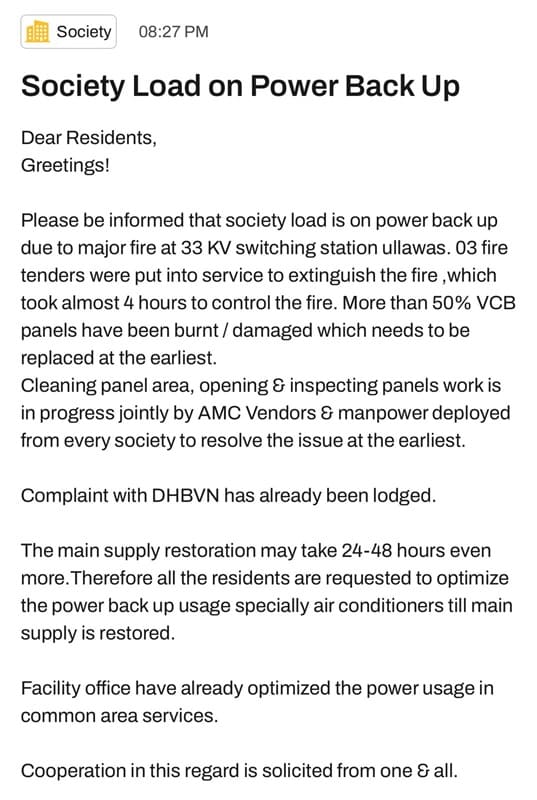The summer heat in Gurgaon has reached scorching levels, and the recent power cuts have added fuel to the fire, leaving residents exasperated and seeking solace on social media platforms like Twitter. While the city grapples with the power crisis, I found myself in a peculiar situation – blissfully unaware of the widespread outages for an entire day, thanks to the backup power supply in my residential society.
As the news of the power cuts and the subsequent online uproar unfolded, I couldn't help but feel a sense of guilt and privilege. While my fellow residents were battling the sweltering heat without electricity, I was cocooned in the comfort of my air-conditioned home, oblivious to the struggles unfolding outside.

The Power Cut Saga: A Wake-Up Call
The power cut saga in Gurgaon has been a harsh reminder of the fragility of our modern conveniences and the stark disparities that exist within our communities. It has also shed light on the pressing need for sustainable and reliable energy solutions, as well as the importance of preparedness and resilience in the face of such challenges.
As I delved deeper into the issue, I realized that the power cuts were not just a temporary inconvenience but a symptom of a larger problem – the growing demand for electricity and the strain on our aging infrastructure. With Gurgaon's rapid urbanization and the influx of new residents, the city's power grid has struggled to keep up, leaving many households in the dark during peak summer months.
The Ripple Effect: Disruptions and Discomfort
The impact of the power cuts has been far-reaching, affecting businesses, schools, hospitals, and residential areas alike. Offices and commercial establishments have been forced to rely on backup generators, adding to their operational costs and environmental footprint. Schools have had to reschedule classes or shift to online learning, disrupting the education of countless students. For residential areas, the power cuts have been a test of endurance and adaptability. Families have been left without air conditioning, fans, or refrigeration, making the scorching summer heat almost unbearable. The elderly and those with medical conditions have been particularly vulnerable, with the lack of power posing potential health risks.
Social Media Sparks Outrage and Action
Amidst the chaos, social media has become a powerful platform for residents to voice their frustrations and demand action from authorities. Twitter has been abuzz with complaints, pleas for assistance, and calls for accountability from power companies and government officials. The online outcry has not fallen on deaf ears, with authorities acknowledging the severity of the situation and promising to take measures to address the power crisis. Temporary solutions, such as setting up mobile substations and load-shedding schedules, have been implemented to alleviate the strain on the grid.
However, these short-term fixes are merely band-aids on a much larger wound. The power cut saga has highlighted the urgent need for long-term, sustainable solutions, including investment in renewable energy sources, upgrading aging infrastructure, and implementing energy-efficient practices across all sectors.
A Wake-Up Call for Sustainable Living
As I reflect on this experience, I am reminded of the privileges I enjoy and the importance of being mindful of the challenges faced by others in our community. The power cuts have not only disrupted daily routines but have also exposed the vulnerabilities of our modern lifestyles and the need for sustainable living.
We must take this opportunity to re-evaluate our energy consumption habits, explore alternative sources of power, and prioritize energy-efficient practices in our homes and workplaces. By doing so, we can not only reduce our carbon footprint but also contribute to a more resilient and sustainable future for our city.
Furthermore, it is crucial that we stand in solidarity with those affected by the power cuts, offering support and advocating for their rights to basic amenities. Together, we can demand accountability from authorities and push for long-term solutions that ensure reliable and equitable access to electricity for all residents.
The power cut saga in Gurgaon has been a sobering wake-up call, reminding us of the fragility of our modern conveniences and the importance of preparedness, resilience, and sustainability. As we navigate these challenges, let us embrace the lessons learned and work towards a future where reliable energy is not a privilege but a fundamental right for all.
